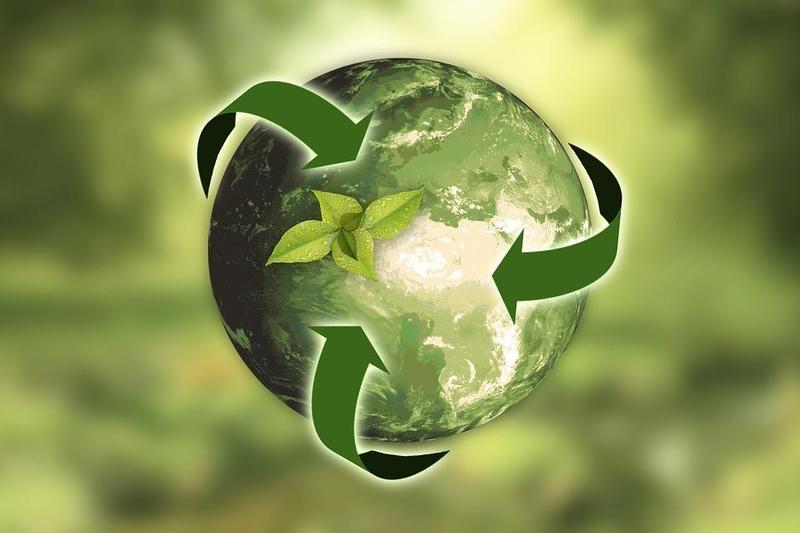What Is Plant-Based Plastic? Everything You Need To KnowMar 15, 2021
16 million plastic containers end in landfill consistently in the UK alone, worldwide the issue is comparably serious. As per an UN report there could be more plastic in the sea than fish continuously 2050.
With the developing mindfulness in how single-use plastics are hurting the climate an ever increasing number of advancements are being made to help tackle the issue. One of the freshest and most energizing advancements is plant-based bio-plastics, however what is it and why?
What is a Plant-Based Plastic or Bio-Plastic?
Plant-based plastics or Bio-plastics as they are generally alluded to as are creative new materials that convey comparable properties and advantages to customary plastics.
A bioplastic is produced using a plant source contrasted with conventional plastic which is produced using oil. There are changing kinds of plant-based plastics, for example, Wheat Straw, Bamboo Fiber, Rice Husks, Sugar Cane, Cornstarch and so on
Bio-plastics can be made with Polylactic Acids (PLAs) which are normally happening in plants or they can be made with polyhydroxyalkanoates (PHAs) which are designed from microorganisms.
How Do Bioplastics Compare To Traditional Plastics?
Customary oil based plastics need around 8% of the world’s oil assets. The creation of single-utilize plastic water bottles requests 17 million barrels of oil a year. That is practically identical to filling 1,000,000 vehicles each year with fuel!
As of late it has been progressively hard for the UK Government and neighborhood specialists to manage our plastic waste. With China’s new restriction on tolerating the vast majority of our plastic waste, chambers have been left with the troublesome undertaking of discovering end of life objections for our plastic waste, particularly for specific plastics, for example, dark plastic.
Certain regularly utilized plastics are hard to reuse, or can’t be reused by any stretch of the imagination. Truth be told in 2014 the UK delivered 4.9 million tons of plastic waste, devastatingly just 1.2 million tons (24%) of it was quite reused.
In correlation plant-based plastics can be made from farming waste or scraps, wiping out the requirement for valuable oil assets while repurposing waste and profiting by diminished fossil fuel byproducts.
In the event that we subbed the yearly worldwide interest for petroleum based plastic with bio-based plastic we could save in excess of 42 million tons of CO2. This compares to the CO2 emanations of 10 million flights each year!
How Might I Use Bio-Plastics?
Numerous bio-plastics are biodegradable, either in mechanical landfill, modern fertilizer or home manure. For a solitary use item to be depicted as biodegradable it needs to finish the EN13432 assessment, so keep an eye out for this. Each item is extraordinary so try to check the maker’s bearings on the best way to discard the item accurately.
Other bio-plastics can be reused through your neighborhood plastic assortment plot. This implies the bio-plastic will be arranged and isolated through mechanical cycles in reusing plants. The material would then be able to be re-utilized for new items.
What Are The Benefits Of Bio-Plastics?
Most plant-based plastics emulate the design of customary plastics, this implies we get the advantages of strength, life span and reasonableness that we appreciate from conventional plastics without their negative ecological impacts.
Another advantage to plant-plastics is that they commonly don’t need pesticides or synthetic compounds to develop. We use bamboo fiber and wheat straw in our items, bamboo is probably the hardiest plant accessible. This plant flourishes without the utilization of pesticides and infrequently experiences contaminations. Truth be told researchers have discovered that bamboo contains a novel microorganism called Bamboo Kun, this microscopic organism gives the bamboo its special antibacterial properties which are then gone to the bio-plastic.
Bio-plastics contribute towards a more roundabout economy. At S’wheat we re-use squander bamboo and wheat straw that would somehow be scorched subsequent to gathering, to make new and intentional items that can be utilized for quite a long time to come.
Be the first to post a message!
